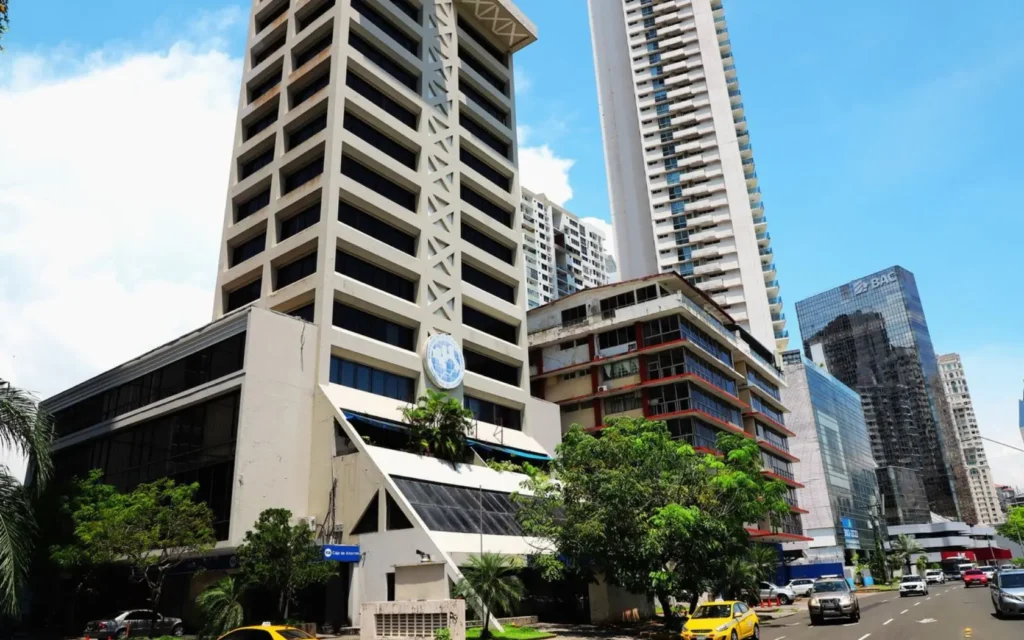What is Panama’s tax system?
I want to take a moment to explain how the tax system works here in Panama, especially since I understand that you come from places with different tax systems, and it is essential to understand how this can affect your life while residing in Panama.
What is the income tax rate in Panama?
In Panama, the income tax is based on the principle of territoriality. Only income generated within Panamanian territory is taxed. Tax rates are progressive and vary depending on the type of taxpayer (natural or legal person)
What is the tax rate for natural and legal persons?
The tax rates in Panama for natural and legal persons are as follows:
income tax deductions for natural people:
- Up to B/.11,000.00: The tax will be 0%
- From more than B/.11,000.00 up to B/.50,000.00: The tax will be 15% for the excess of B/. 11,000.00
- For more than B/.50,000.00: They will pay B/.5,850.00 for the first B/. 50,000.00 and a 25% fee on the surplus.
income tax deductions for Legal persons:
- As of January 1, 2010: 27.5%
- 2011 and following: 25%
- It is important to keep in mind that these rates may vary depending on the main activity of the legal entity. I would recommend that you consult a tax advisor for more personalized and detailed advice.
In addition, Panama’s tax rules provide that employees may deduct from the income paid medical expenses, school expenses, interest on mortgage loans, interest on educational loans, personal deduction if the filers are spouses, and private retirement fund.
It is important to mention that these figures are approximate and may vary. I would recommend consulting a tax advisor for more accurate and personalized information.

How can I know if I am a natural or legal person?
Broadly speaking, a natural person is a human individual acting on his or her own behalf, while a legal person is a legally constituted entity, such as a company or association.
To determine if you are a natural or legal person, you can consider the following:
- Natural Person: You are a natural person if you are acting on your own behalf, as an individual. For example, if you are a freelancer or sole trader, you would consider yourself a natural person.
- Legal Entity: You are a legal entity if you are acting on behalf of a legally constituted entity. This could be a corporation, foundation, public, political, religious, commercial or industrial association.
It is important to keep in mind that legal entities must be formed and represented by natural persons. If you have any questions, I would recommend that you contact us.
What are the types of income taxes and tax rates?
In Panama, income taxes are applied as follows:
- Principle of territoriality: Only income generated within Panama is taxed.
- Taxpayer groups: There are two large groups, taxpayers and non-taxpayers. Taxpayers are divided into three regimes: ordinary, special and simple taxation.
- Ordinary regime: Companies and people without special benefits, subject to general rules.
- Special regime: Exception to the ordinary regime, defined by article 19 of the tax statute.
- Tax rates: Cumulative progressive rates of 8%, 14%, 17%, 20% and 30%, depending on annual income.
Regarding the presentation of declarations:
- Natural Person: Until March 15, with an extension option.
- Legal Entity: Until March 31, also with an extension option.
It is advisable to consult a tax advisor for personalized guidance due to constant changes in tax rules. Stay updated to comply with your tax obligations and avoid penalties.
Additional taxes
- Tax Property tax rates: Property tax rates in Panama are among the lowest in the region.
- Property Transfer Tax: Real estate transfer taxes in Panama are paid by the seller, and are 2% of the updated registered value of the property or the sale price, whichever is greater.
Panama as a tax haven
Panama is often considered a tax haven due to its legal and tax structures. It imposes no income, corporate, capital gains, or estate taxes on offshore entities that only engage in business outside of the jurisdiction. However, it’s important to consult with a financial advisor before making any decisions.
Is Panama a good place to establish an offshore company?
Panama is known as a tax haven due to its favorable tax regime. However, Panama’s reputation as a tax haven dates back more than 100 years.
What are the advantages and disadvantages?
Advantages and disadvantages of establishing an offshore company in Panama: Offshore corporations in Panama offer several advantages:
- Tax advantages: Exemption from taxes on income generated outside Panamanian territory.
- Confidentiality and privacy: Information about the company’s shareholders and directors is not publicly accessible.
- Flexibility in corporate structure: There are no minimum requirements regarding the number of shareholders.
- Political and economic stability: Panama has a stable and growing economy, as well as a solid political and legal system.